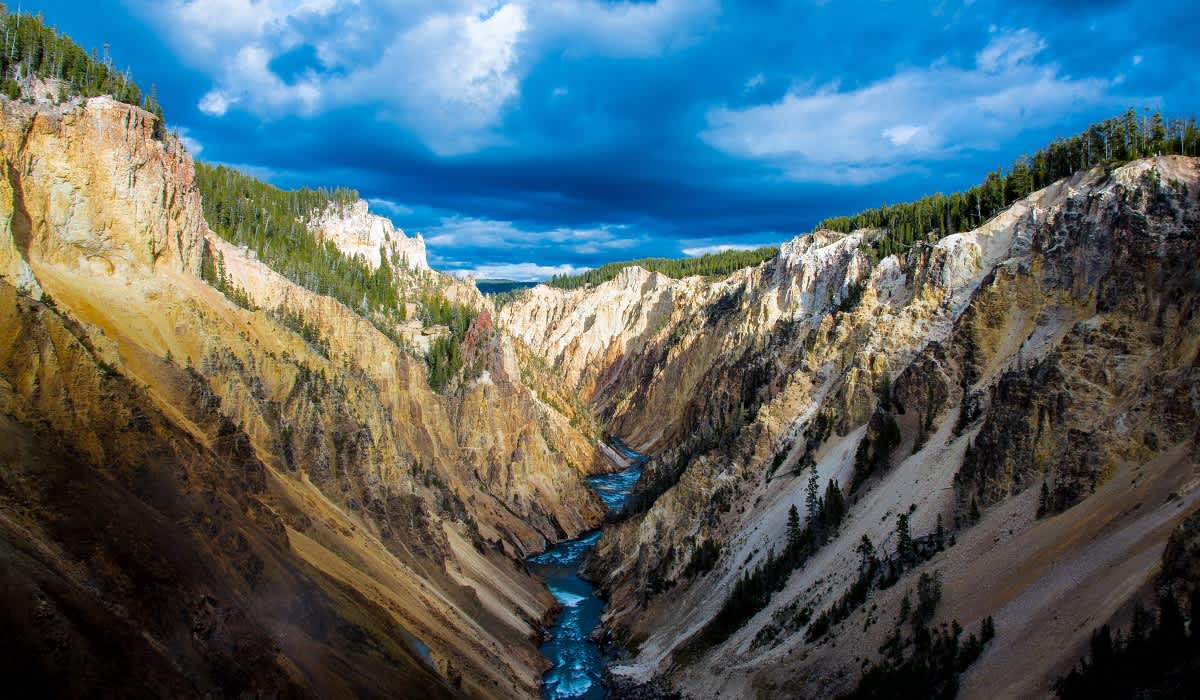Victory for Public Lands: Great American Outdoors Act Approved by Senate, Moves to House
OutdoorHub Editor: Keenan Crow 06.22.20

Last week, Senators voted to pass the Great American Outdoors Act, thanks in large part to the support from hunters, anglers and dedicated conservationists. In overwhelming fashion, the bill was passed by a vote of 73-25, and this legislation is now on its way to the House of Representatives.
If signed, the Great American Outdoors Act will allocate billions of dollars to directly support outdoor recreation in two major ways. The first is by providing $2 billion annually over the next five years to the National Park Service and other federal land-management agencies to address their growing lists of maintenance backlogs. The second includes the order to provide the Land and Water Conservation Fund with its maximum allotment of $900 million annually.
The Great American Outdoors Act was originally set in motion by Republican Senators, Cory Gardner of Colorado and Steve Daines of Montana, but it also received support from the other side of the aisle as well. Given the current times, I think it’s rather encouraging to see that public lands stand apart in bringing the American people together, serving as the common ground we can all stand on.
This effort adds to the list of bipartisan support for conservation matters we’ve seen recently. Last year it was the John D. Dingell Jr. Conservation, Management, and Recreation Act, which created six new National Park Service units and 1.3 million acres of wilderness lands.
On March 3rd, President Trump tweeted “I’m calling on Congress to send me a Bill that fully and permanently funds the LWCF and restores our National Parks,” so all signs point to this being a slam dunk.
I am calling on Congress to send me a Bill that fully and permanently funds the LWCF and restores our National Parks. When I sign it into law, it will be HISTORIC for our beautiful public lands. ALL thanks to @SenCoryGardner and @SteveDaines, two GREAT Conservative Leaders!
— Donald J. Trump (@realDonaldTrump) March 3, 2020
We will see how this all shakes out in the coming weeks, however, if you’re feeling proactive, it wouldn’t be a terrible idea to call your congressional representative’s office to see where they stand and how they plan to vote when the House turns its attention to this critical piece of legislation.

